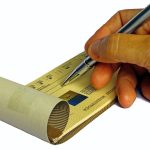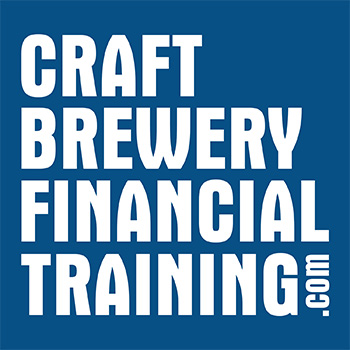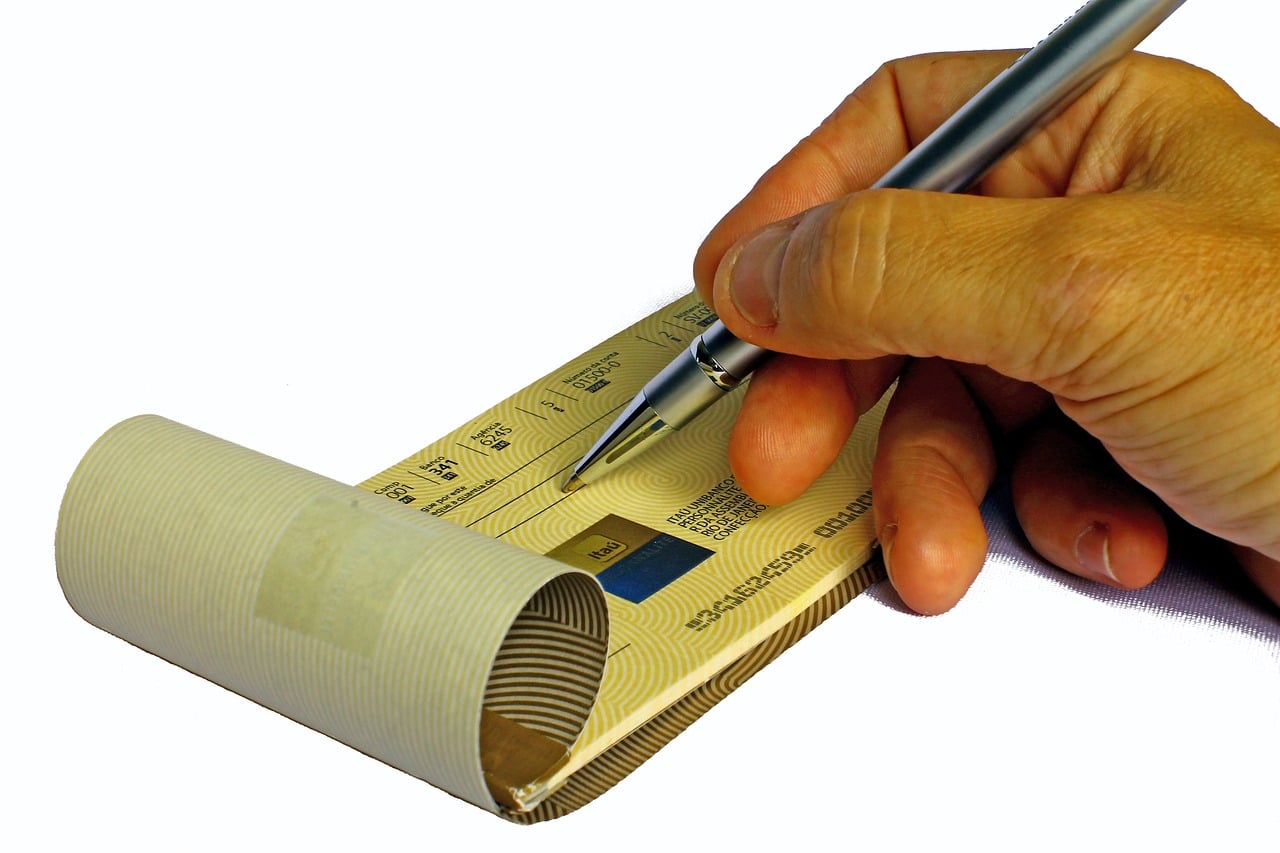 How to Avoid Check Fraud
How to Avoid Check Fraud
“There are three things in the world that deserve no mercy: hypocrisy, fraud, and tyranny.” Frederick William Robertson
Every time you write a check you expose your bank account to check fraud.
Each check you write and mail out has your bank account number, bank routing number, name and address of your company.
The crooks have enough information on every single check to rob you blind.
Isn’t your bank account FDIC insured for these things? No.
Won’t your bank reimburse you if you’re a victim of check fraud? Maybe. Maybe not.
Will your insurance company cover this? Maybe. Time to ask them.
In this article I will share my experience with check fraud, explain how the crime took place, and show you how to avoid a similar fate.
Your bank account is exposed. Read on for simple strategies to protect your hard earned cash.
- Check Fraud: How does it happen?
- What to do if you are a victim of check fraud
- How to prevent check fraud from happening (or happening again)
How Did This Happen??
One day, my accounting manager asked me to look at a check that had recently cleared the bank. It was made out to an individual that neither of us recognized. It was payable to ‘John Price’ for $5,000.
We looked through the accounts payable information but couldn’t find this individual’s name anywhere. We had no record of ever issuing a check to a John Price.
How did this happen? We didn’t have to wait long for the answer.
One of our vendors called and asked why their payment was late. We researched the issue we discovered that their payment had been issued, and the check was cashed. Turned out, the check intended for them had been stolen, falsified and cashed by the mysterious John Price.
Of course, there was no real John Price. It was just someone using a false name, with a false bank account. It was someone who had intercepted our check and changed the payee to his name. Dirty, rotten, scoundrel.
How does check fraud happen? You write checks, mail them and assume they will get to their destination and sometimes they do not. Sometimes they are intercepted and manipulated to change the payee. Sometimes, a John Price is cashing your checks and siphoning your cash.
What to do if you’re a victim of check fraud
Our first step was to call the bank and alert them to the issue. Naively, we thought the bank would have a series of checks and balances in place to identify how the check was cashed and to put the police on the trail of John Price.
They didn’t.
The bank had no idea how the fraud happened and no systems in place to identify the thief.
Further, we learned that the bank does not insure for thefts of this kind. The FDIC insures your bank account if there is a bank failure. However, there is no such protection against a common thief such as John Price.
Regardless, the bank did provide us with some good advice:
- Close the bank account immediately
- Put a fraud alert on your other bank accounts (if you have them)
- Contact the police and file a police report
- Contact your insurance company and file a claim
Once the account had been breached, the only sensible thing to do was to shut it down. This was no small task, as there were hundreds of EFT and ACH transactions running through the account on a monthly basis.
Dozens of vendors and customers would need to be contacted to shift payment processing to a new account. If you’ve ever lost your wallet and had to get a new license and credit cards, you know how much of a hassle this can be. Changing your bank account is no less of a hassle.
We contacted the police, mostly as a formality. You need to have a police report to demonstrate that a crime occurred. Unfortunately, the police do not have the training or resources to track down criminals like John Price. If we had been robbed at gunpoint, the police would be very useful. Since we were robbed via mail fraud, the police couldn’t do anything to help.
Lastly, we contacted our insurance company. Thankfully, we had coverage, subject to our deductible. However, there was no reimbursement for the hours and hours spent shifting over to the new bank account.
How to Prevent Check Fraud
If you haven’t been a victim of check fraud, count yourself fortunate. These crimes are on the rise, and it may only be a matter of time before you get nailed. Unless, of course, you use the idea here.
Most of the big banks offer a service called Positive Pay. The idea is that the bank will positively identify the check as being legitimate before the check is cashed. Most banks have very little ability to detect a falsified check (outside of obvious manipulation).
In the story I related above, John Price likely had a bank account and a valid form of ID. No reason to question why he was cashing a check made out to himself.
Alternatively, with the increase in e-banking, John Price may have just snapped a photo of the check and deposited it directly to his account. No need to go into a bank at all.
Back to Positive Pay…With this service, you send the bank a listing of checks you are going to write. The list may be in the form of a data file or spreadsheet.
The list will contain the check number, amount and payee. The bank then cross-checks this list against any checks that are presented to the bank. If the check does not match all of the criteria on the list, it is rejected.
If we had this system in place when John Price tried to cash our $5,000 check it would have been rejected. We would have saved a tremendous hassle and cost in both time and money.
A final note about Positive Pay. Make sure the bank offers a positive vendor identification. I’ve seen services that only offer to validate the check number and check amount. That is useless against a criminal that alters the payee information.
Wrap Up + Action Items
Check fraud happens when you write checks and put them in the mail. All of your private information is on the face of the check – bank account number, bank routing number, your company name and address.
Criminals can intercept the check and manipulate it to change the payee. They can bleed your account dry if you don’t have systems in place to protect your company.
What to do: Before you close this email, call your bank and make sure they offer Positive Pay.
As the quote says at the top – “There are three things in the world that deserve no mercy: hypocrisy, fraud, and tyranny.”
Show no mercy when it comes to check fraud. Protect your bank account. Get a positive pay in place today.





